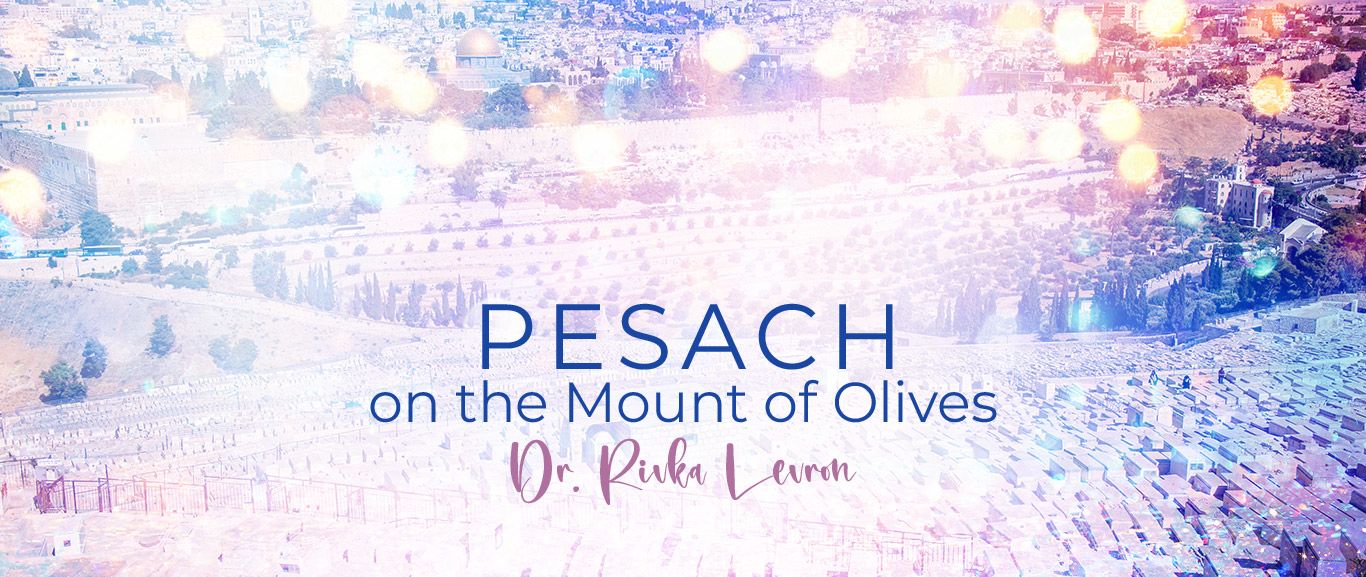
Pesach on the Mount of Olives
As I stood near the gravesites, the stunning view of Jerusalem from the silent, sun-bleached peak of the Mount of Olives caught my breath; the indescribable holiness…

What a lovely Seder night and first day of Pesach! We all enjoyed the togetherness, the songs and reading of the Haggadah, the matzah and wine. The following night we went to bed happily: the house was clean, the full week of intermediate days of Pesach packed with Torah classes and planned family trips.
But the phone ringing at 4AM drastically changed everything.
After long years of illness, our dear grandmother Rachel passed away suddenly, early on the second day of Pesach.
As we hurried to arrange the funeral process, driving among cities in the quiet morning, the memory of the Seder night lingered. We had sat around the table, imagining ourselves tossing our food and clothing into makeshift bags as we scrambled to escape Egypt in the middle of the night. But this moment, the packing and rushing was all too real.
We arrived in Jerusalem to follow the vehicle carrying our loved one to the cemetery. A security vehicle followed to prevent disruptions by hostile Arabs.
As I stood near the graves of our family members who had left this world earlier, the stunning view of Jerusalem from the silent, sun-bleached peak of the Mount of Olives caught my breath. Across the valley, light glinted off the Temple Mount.
Grandmother left this world on the first day of counting the Omer*, the day associated with Chesed of Chesed (kindness and benevolence). I experienced a great feeling of comfort, to know that after such 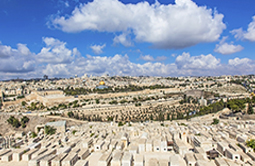 trials in this earthly life, her soul was now reunited with those of her ancestors, free from the constraints of a body that no longer functioned. It was her personal redemption from Egypt.
trials in this earthly life, her soul was now reunited with those of her ancestors, free from the constraints of a body that no longer functioned. It was her personal redemption from Egypt.
When Hashem decided that her prolonged suffering in this world was complete, she was buried within hours in the largest Jewish cemetery in the world – in peace, in honor, surrounded by her family and many loved ones.
In the present era, we might take such a burial for granted. But during many periods of Jewish history, such a scenario was far from certain. This was the obvious Chessed, the benevolence in the timing of her departure.
What a privilege for her to lay at rest on a slope overlooking the site of the Holy Temple, the place of the first revival of the dead in the time of Mashiach! And what a privilege for me to visit the nearby graves of her relatives, long since passed away, whom I never knew.
Coming from so far away, to stand on this holy mountain for the first time brought other thoughts to mind. After 120 years, this is where I want my final resting place to be… hoping of course, that Mashiach will arrive long before then, and the parched and lifeless mountain will become alive with resurrected Jews.
During the demanding shivah week (week of mourning), I needed a break and took a small book of prayers to a quiet place. As I glanced through the prayers, I came across the beautiful Nishmat Kol Chai (Soul of All Living) prayer of praise and gratitude to Hashem. Just after reading the prayer, I received an email from Jewish Women Unite, encouraging women to say the Nishmat prayer each day for 40 days, culminating on Shavuot. The day to start was… that very day. I decided to continue saying Nishmat Kol Chai for 40 days, liluy nishmat (for the elevation of the soul) of our dear grandmother.
How amazing to know that Hashem guides the paths of those in this world, and that our connection with those in the next world still remains. This was another comfort, another chesed.
And knowing that what we see in this world is only a tiny fraction of the chesed that Hashem bestows upon us continually, I trust and believe that the full kindness, the chesed of chesed in this story, will come to our understanding at the right and best time.
May these words serve as an elevation for the soul of Rachel bat Esther.
* According to Kabbalah, there are seven sefirot, each associated with one character trait. Each of the seven weeks of counting the Omer (Sefirat HaOmer) is dedicated to one sefira, and within that week, each day is given a second sefira attribute.


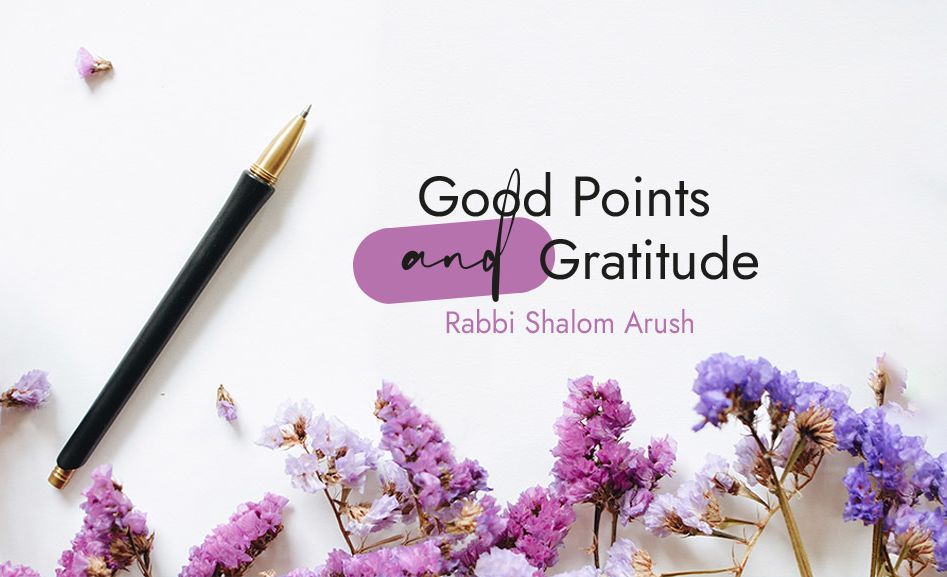
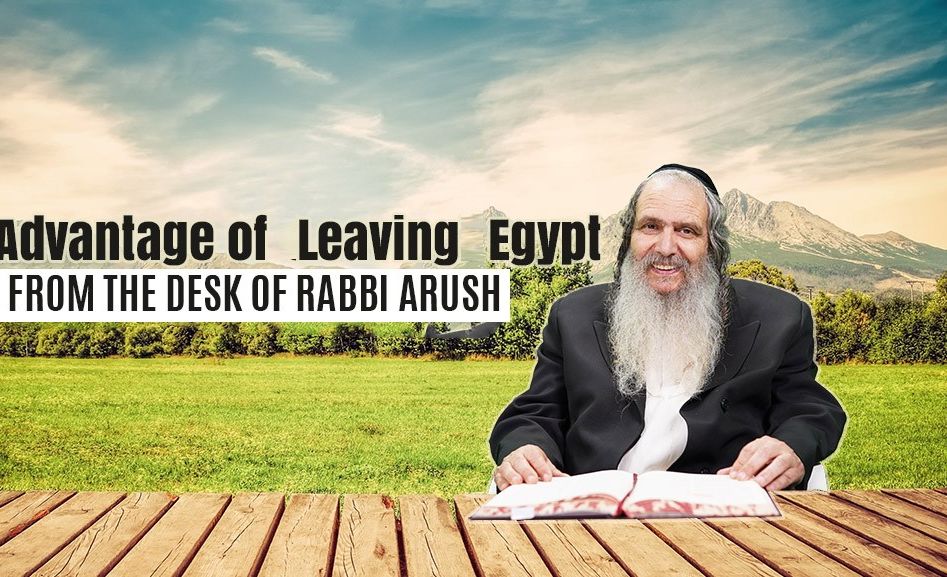
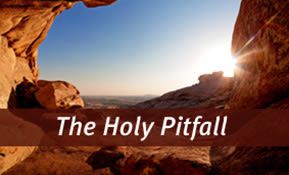
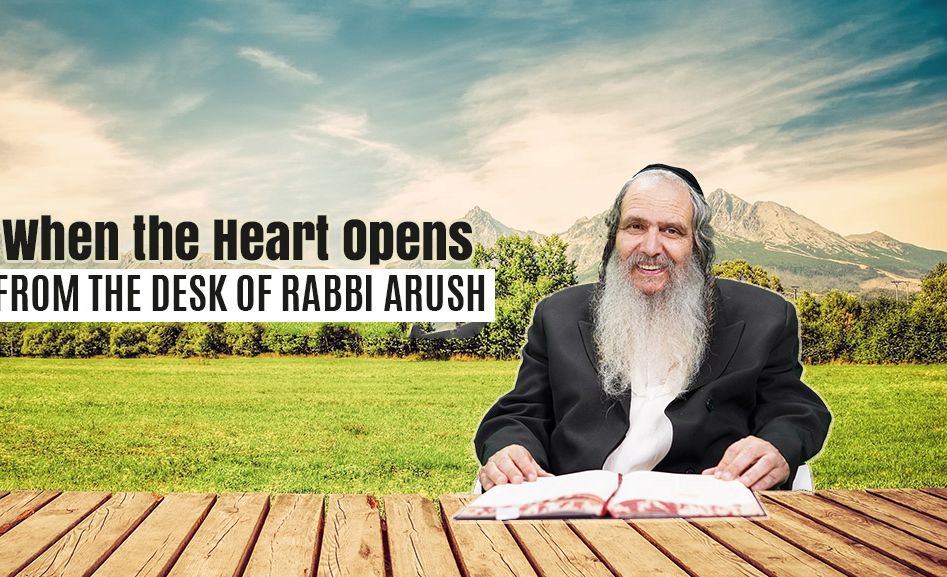

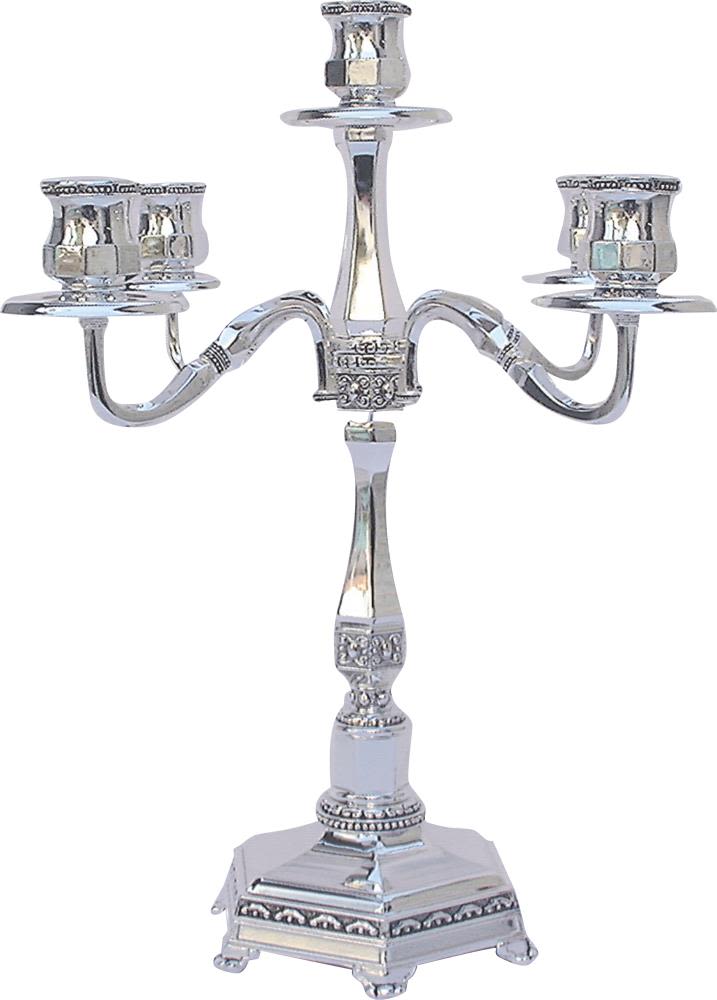
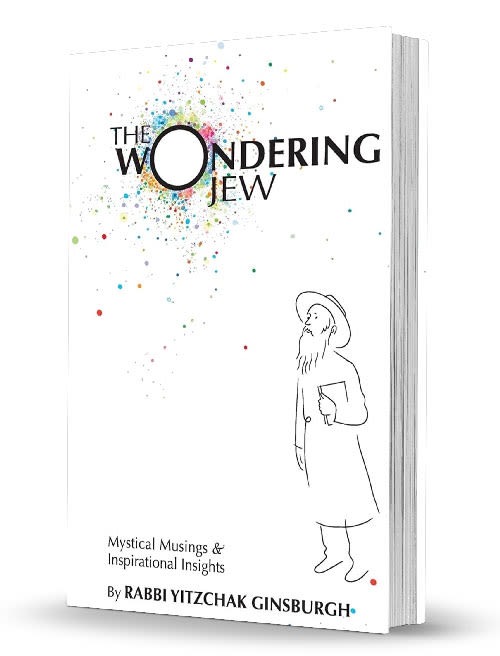
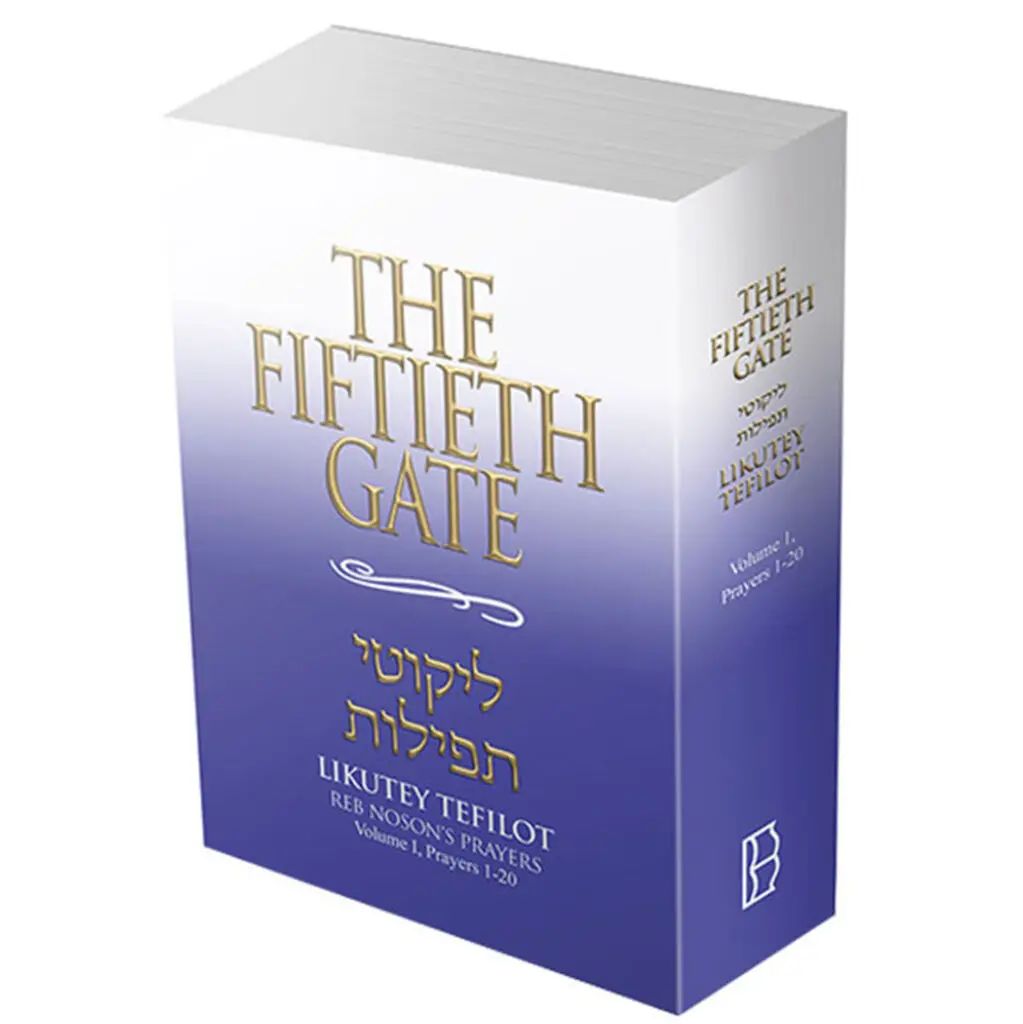
Tell us what you think!
Thank you for your comment!
It will be published after approval by the Editor.